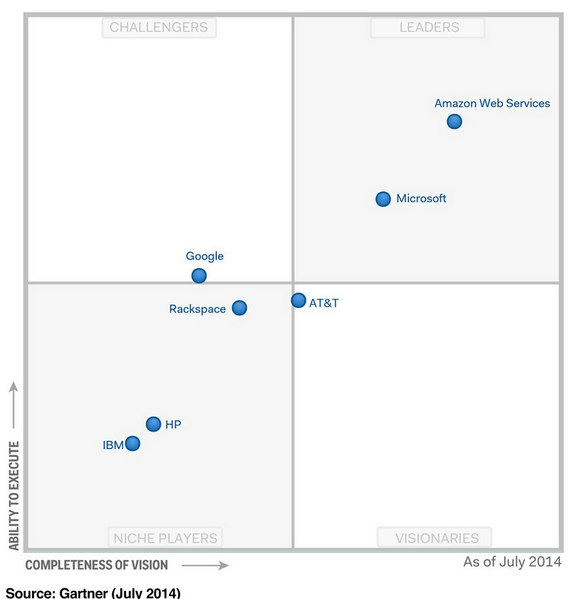It’s been a tumultuous month at 13 Llama Studio. We recently shifted to a new office and are currently handling multiple projects … projects where someone has to bleed to take it to its logical conclusion. I do not mind the bleeding, as long as I manage to do a job well done in my mind (more on this later, this requires a heartfelt post). Here’s what I have been reading and bookmarking in the past few days months.
A great metaphor on how the publishing industry is changing. The folks at CopyBlogger are always a constant source of inspiration and ideas for budding bloggers. However, this story also talks about how the publishing industry is slowly changing. The Great Gate used to be publishing houses and authors used to clamor to get their books published.
With internet and blogging, all of this has changed, and now power is back to we, the people!
The story of how the developer has become so central in the new paradigm of a tech enabled organization is strongly aligned to how I have seen my own career progression. It’s a great piece on how Cloud technologies are giving better results than Enterprise Software (which is often considered slow and bloated).
Here is an article from the other side, the Enterprise. Link this article with the one I just shared above and you will see the fear of Enterprise Architects and software providers who supply to Enterprises. So what is the Enterprise’s answer to Cloud computing … a private cloud of course!!
Does that help cut costs, well if you work at it, you might get operational efficiency, however the Total Cost of Ownership is always high. The way things have been running are changing, and agencies which rely on businesses have to follow suit.
Moz has not only become the go to community for Search Engine Optimizers, but also for all things related to increasing traffic via organic methods (read not PPC).
The article shares how to go about understanding the people who visit your site. It’s fairly indepth and requires for you to study it .. yes not read, but study! I’d suggest 1 skim while at work, and then a slow line by line comprehension when alone and free from interruptions.

